Inclusive Management In Practice
- Par Emmanuel
- 14 Apr 2021 11:52
- 0 Likes
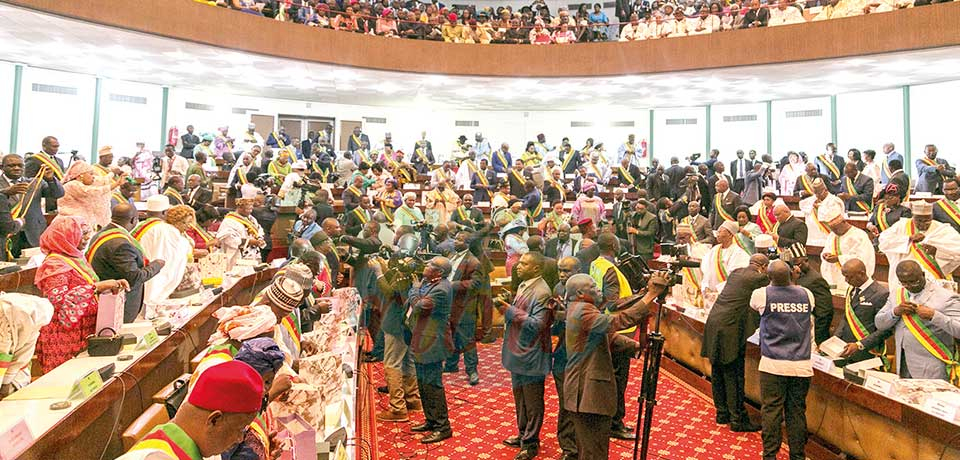
The government, parliament and local authorities have been a hub of the practice of inclusive management by political parties.
The reintroduction of multiparty politics in Cameroon in 1990 ushered in a new dawn in the management of State affairs, departing from the hitherto monolithic management by the former unique party the Cameroon People’s Democratic Movement (CPDM) to the many political parties taking part in management. For the over 30 years of the re-existence of multiparty politics in Cameroon, there has never been a government, legislative period in parliament and councils in which only one party is involved in management.
Government
The first experience of sharing the ministerial positions between political parties in the country came after the October 11, 1992 presidential election in which incumbent President PauL Biya the candidate of the ruling CPDM was declared the winner. The government formed after the election saw the inclusion of Ministers from different political parties. Cabinet Minister who were not militants of the CPDM included Bello Bouba Maigari who was an is the National President of the National Union for Democracy and Progress (NUDP), Augustin Fréderic Kodock of the Union des populations du Cameroun (UPC), Dakole Daissala of the Movement for Defence of the Republic (MDR). The trend has continued unperturbed. In the current government formed on January 4, 2019 there are many cabinet ministers from different political parties.
There is Bello Bouba Maigari Minister of State for Tourism and Leisure from the NUDP, Amadou Moustapha Minister in charge of Special Duties at the Presidency from the National Alliance for Democracy and Progress (NADP), Issa Tchiroma Bakary Minister of Employment and Vocational Training from the Cameroon National Salvation Front (CNSF), Jean de Dieu Momo Minister Delegate to the Minister of Justice from President of PADDEC.
Parliament
The first multiparty election of Members of the National Assembly in 1992 brought in many political parties into the House. The ruling CPDM won 88 seats opposition NUDP won 68, UPC 18 and MDR five seats. In the current 10 legislative period of the National Assembly, seven political parties are represented and take active part in the debates. They also share members of the bureau. The same scenario is also found in the Senate since its inception in 2013.
Cet article complet est réservé aux abonnés
Déjà abonné ? Identifiez-vous >
Accédez en illimité à Cameroon Tribune Digital à partir de 26250 FCFA
Je M'abonne1 minute suffit pour vous abonner à Cameroon Tribune Digital !
- Votre numéro spécial cameroon-tribune en version numérique
- Des encarts
- Des appels d'offres exclusives
- D'avant-première (accès 24h avant la publication)
- Des éditions consultables sur tous supports (smartphone, tablettes, PC)






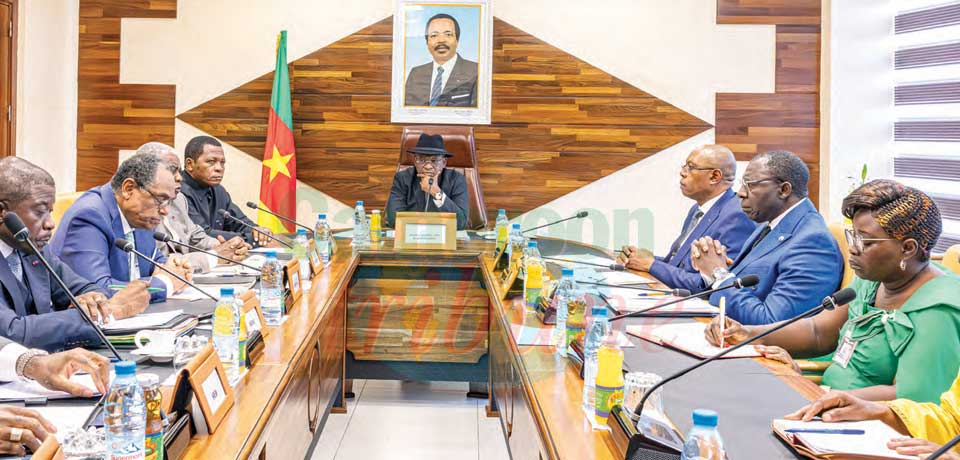
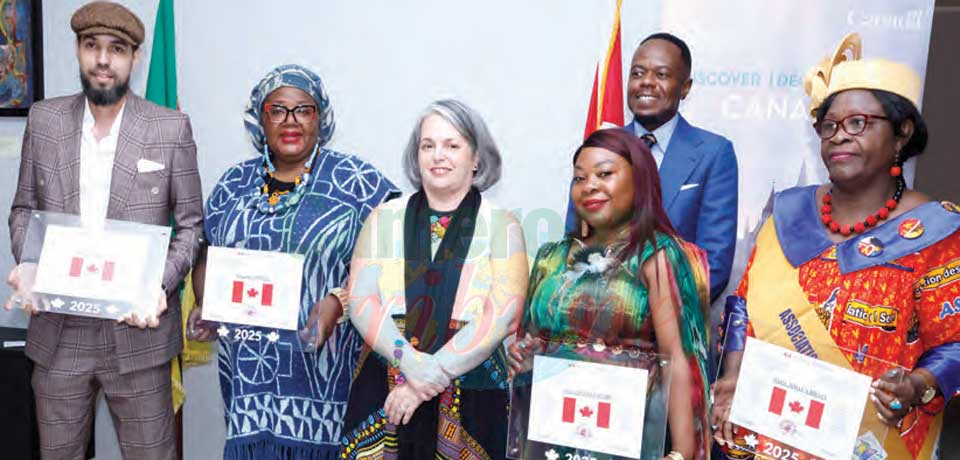
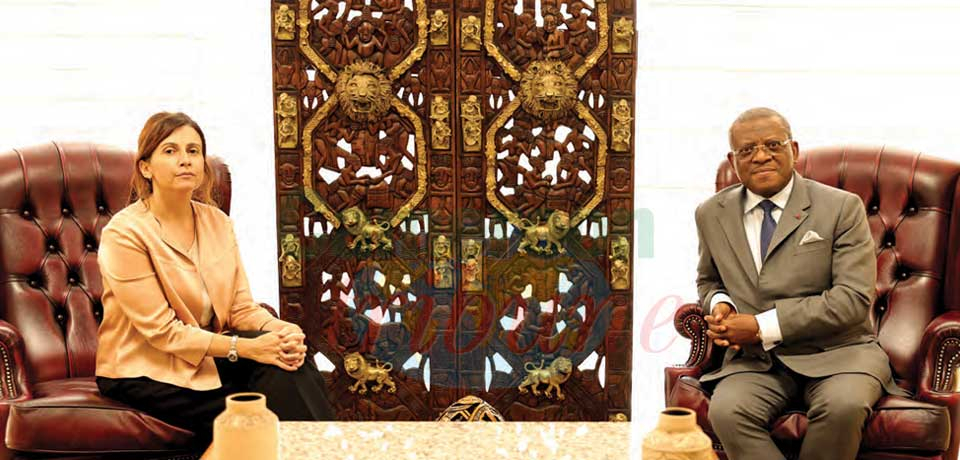
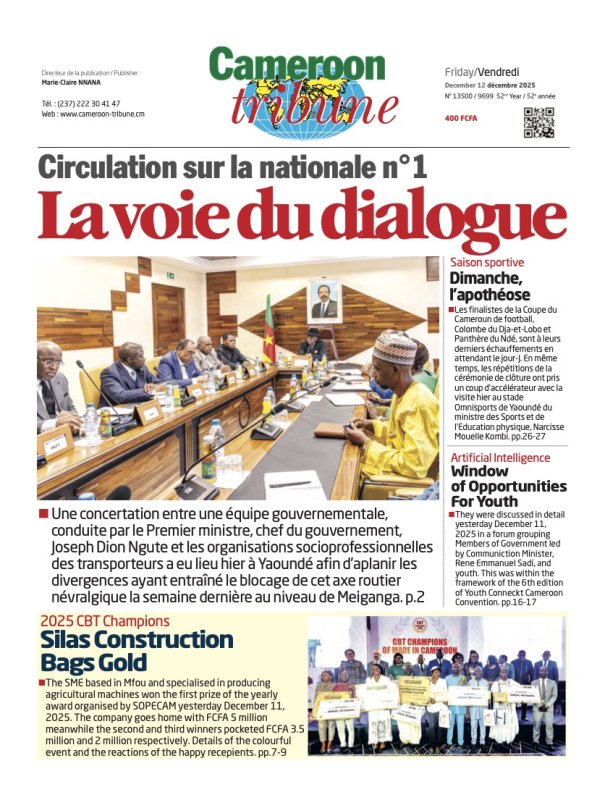




Commentaires